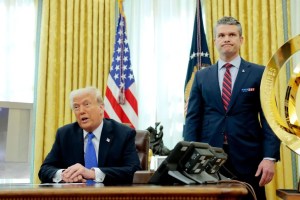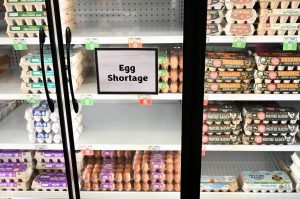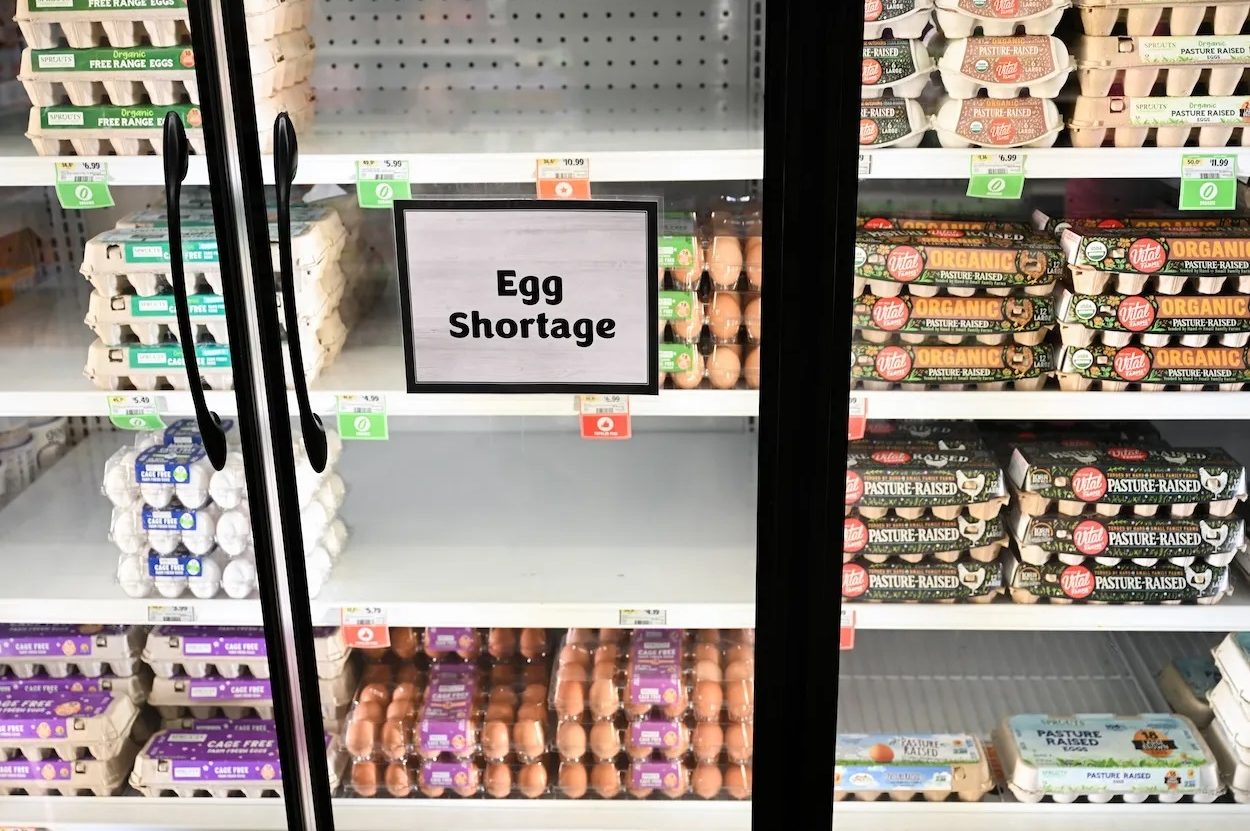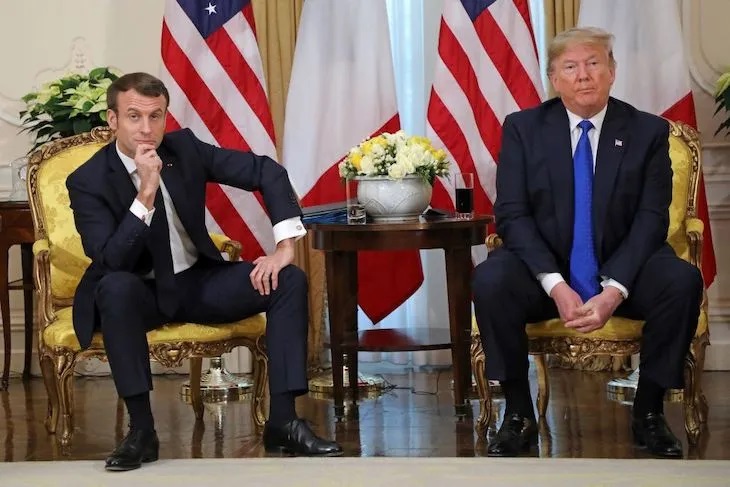Ulster says No. So went the Unionist slogan against the Anglo-Irish Agreement which paved the way to ending the Troubles in Northern Ireland. Signed by London and Dublin, the 1985 treaty gave the Republic of Ireland a role in Northern Ireland’s governance for the first time, while confirming the six counties’ constitutional position within the UK — a vital step towards the Good Friday Agreement 13 years later.
‘Mrs Thatcher tells us the Republic must have some say in our Province,’ boomed the Revd Ian Paisley outside Belfast City Hall, railing against this original power-sharing breakthrough. ‘We say never, never, never.’ Yet Paisley’s implacable opposition proved futile. He eventually played a leading role in securing the peace which followed.
History is repeating itself, with the Democratic Unionists, the party Paisley founded, holding out in the Commons against Boris Johnson’s Withdrawal Agreement Bill. The DUP supported last Saturday’s Letwin amendment, seriously complicating the Brexit bill’s already perilous route through Parliament. The bill passed Commons second reading, of course, despite DUP opposition. Yet Arlene Foster’s party still threatens ‘guerrilla warfare’ against the prime minister’s deal.
Today’s DUP needs to take stock and demonstrate its reputation not so much for intransigence as tactical acumen. Making too many enemies in the Conservative party, and across Britain as a whole, could end up hastening the outcome it fears the most.
Unionists have reason to feel aggrieved at a deal they feel weakens the Union by potentially putting a border down the Irish Sea. But before they derail Brexit, or water it down, the party should consider the benefits of Johnson’s agreement — and the consequences should the 10 DUP MPs refuse to fall into line.
The PM’s proposals leave Northern Ireland essentially inside the single market, while joining the rest of the UK outside the EU. That creates a ‘special economic zone’, says German MP Franziska Brantner, allowing unfettered access to EU markets while avoiding US tariffs on the EU’s steel and aluminum exports. ‘This could have consequences,’ she says, ‘as European companies, such as a German screw manufacturer, might be tempted to relocate part of their business operations to Northern Ireland.’
Outside the customs union, Northern Ireland could similarly act as a duty-free bridgehead into the EU. ‘Trade for the British Isles via Europe can all be processed through Northern Ireland,’ says Tina McKenzie, who runs the local Federation of Small Businesses. ‘There is some technical detail to work on…but we could become the Singapore of the western hemisphere.’
Unionist objections to Johnson’s deal are, meanwhile, overstated. The DUP has already accepted Northern Ireland staying within the EU’s regulatory regime, removing the need for checks at the Irish land border — which many DUP-supporting farmers also wanted to avoid. Checks on goods coming into Northern Ireland from Great Britain already exist on animals and other farm-related goods, and Unionists have agreed on these theoretically extending to all goods.
The DUP rejects, though, the proposed tariff border between Northern Ireland and Great Britain, and the Withdrawal Agreement’s insistence that Northern Ireland remains within the EU’s VAT system. Yet a new ‘joint committee’ will minimize intra-UK tariffs and streamline rebate payments. Almost all tariffs would anyway likely disappear as and when London strikes a free trade agreement with Brussels. And even if the EU’s VAT system facilitates the collection of duties across the Irish land border, Northern Ireland’s VAT rates would still be set in London.
The DUP’s main beef revolves around the highly symbolic issue of consent. Mindful of Unionist sensitivities, Johnson negotiated a clause allowing Northern Ireland to extract itself from arrangements partially separating it from the UK in the form of a vote every four years by members of the Northern Ireland Assembly — even if the Assembly, as now, is suspended.
Lord (David) Trimble says this satisfies the Good Friday Agreement, of which he was the principal Unionist architect. Yet Trimble was careful to say the ‘simple majority’ mechanism proposed observes ‘the spirit’ of the precious 1998 accord. That, after all, required ‘cross community’ agreement of any treaty change, with either the unionist or the nationalist bloc within the Assembly able to wield a veto. This is why the DUP has dubbed Johnson’s legislation ‘a betrayal bill’.
Yet the Good Friday Agreement was an international treaty between two countries — with a consent mechanism designed to oversee a vote on whether or not Northern Ireland leaves the UK. These proposed customs procedures are a matter not of national sovereignty but of commercial administration, the movement of goods within the same country — indeed, within the same customs jurisdiction. A majority of assembly members elected by voters from across Northern Ireland as a whole is surely sufficient.
There is, of course, widespread resentment among unionists in Northern Ireland, and not only DUP supporters, that Northern Ireland cannot simply be treated like any other part of the UK. Yet it is an axiomatic fact of both history and geography that Northern Ireland is different.
There may be extra administration for those moving goods between Northern Ireland and the rest of the UK but a comprehensive UK-EU free trade agreement would see that largely disappear. Only Johnson can deliver that, and he has much more chance of doing so if Brexit takes place with some semblance of order, maintaining reasonable relations between the UK and EU.
The surest way for the DUP to threaten Northern Ireland’s status within the Union would be to frustrate Brexit. It would lose the backing not just of countless Tories but millions of ordinary ‘middle England’ voters.
Foster’s party is fretting about arrangements that can be changed once Brexit is irreversible. If she pushes too hard and imperils Johnson’s legislation, the most likely outcome is a general election. The Tories look odds-on to win with a majority, which would vaporize the DUP’s influence.
This article was originally published in The Spectator’s UK magazine. Subscribe to the US edition here.


























